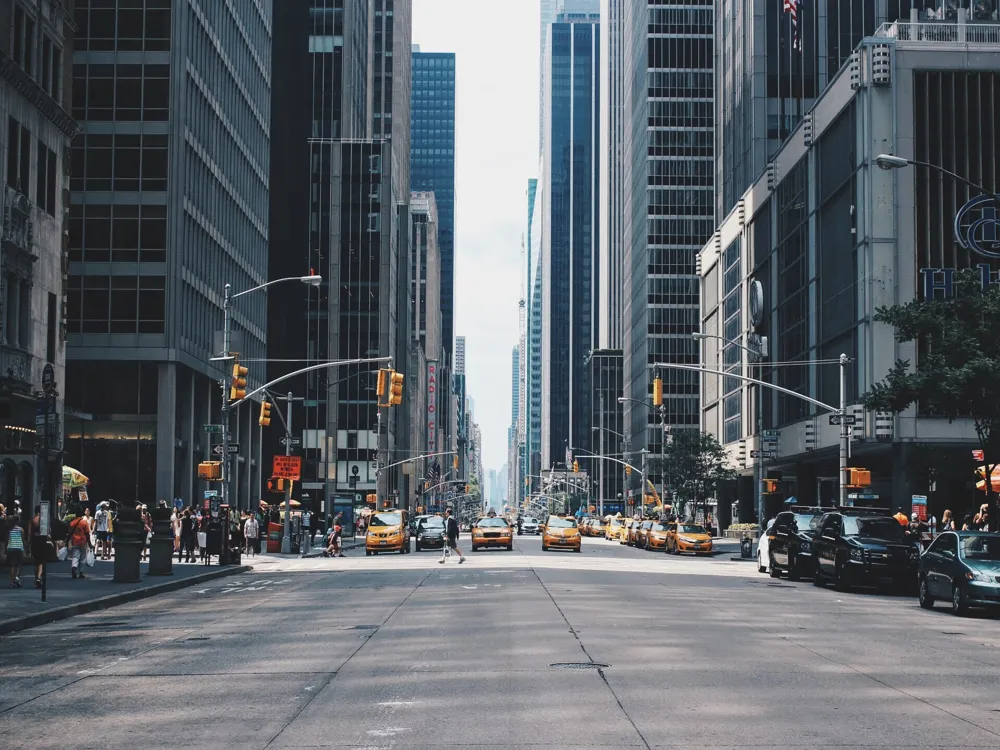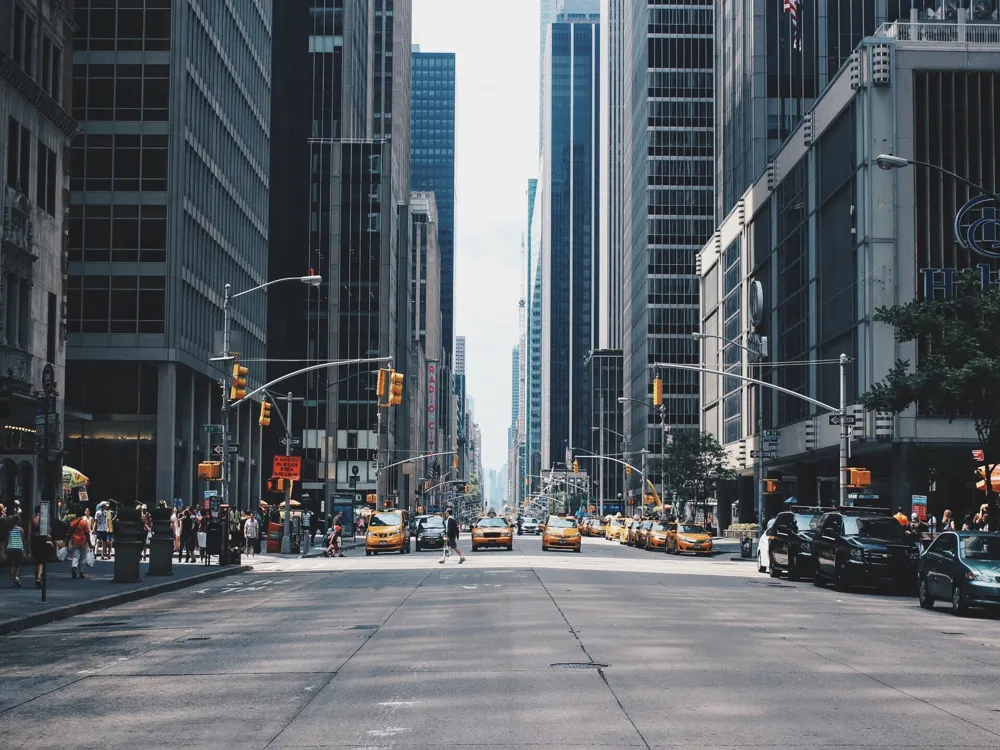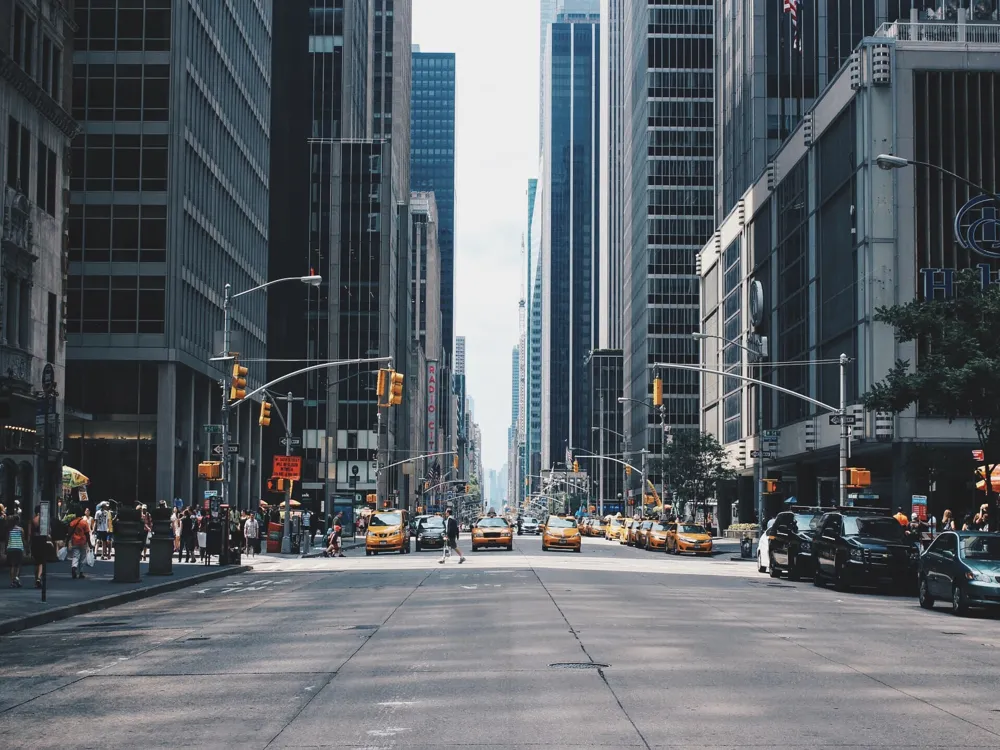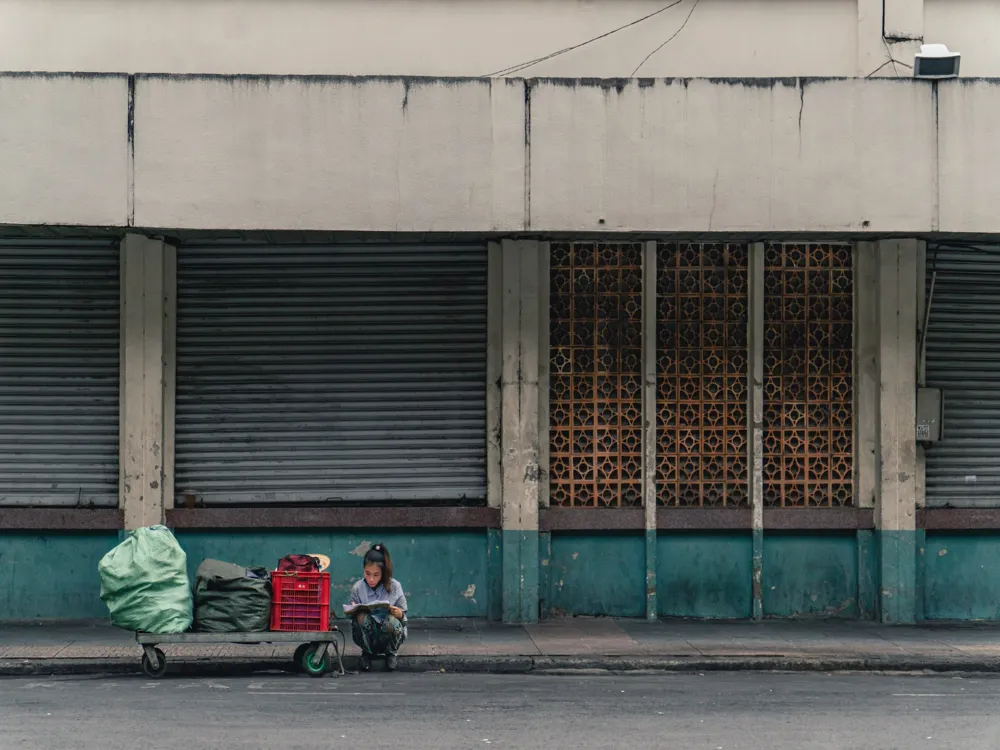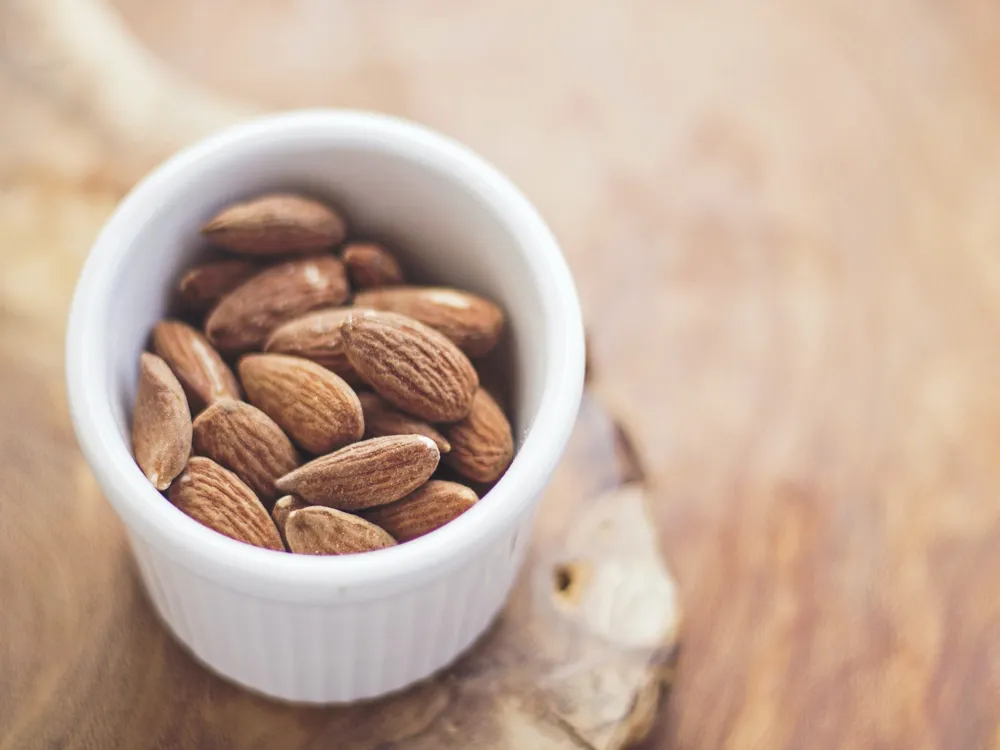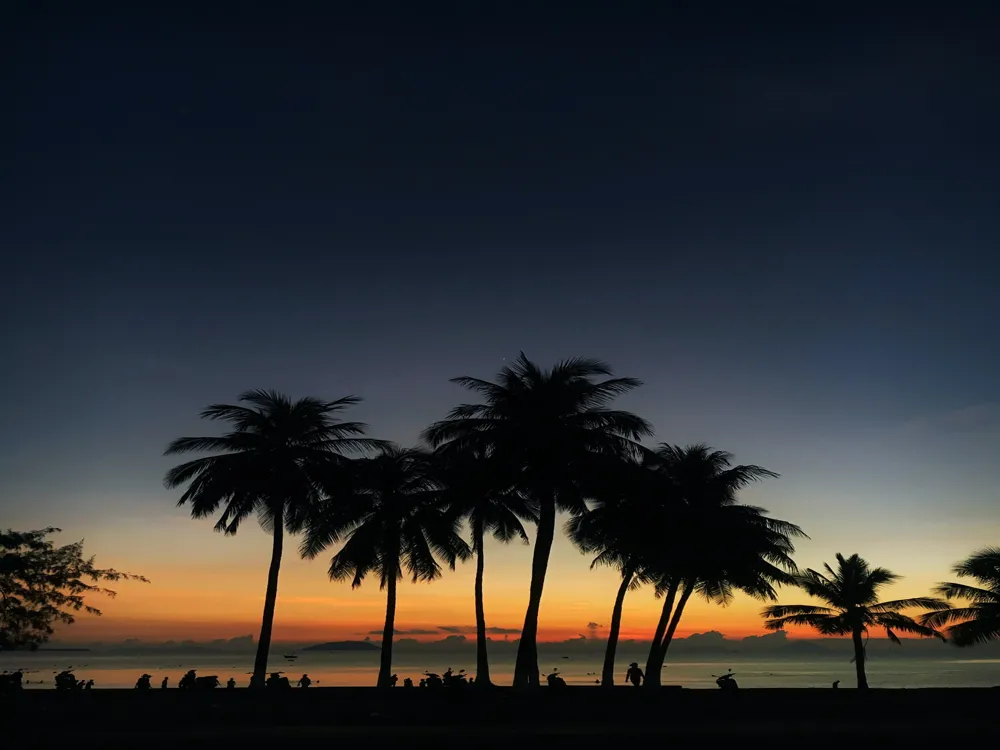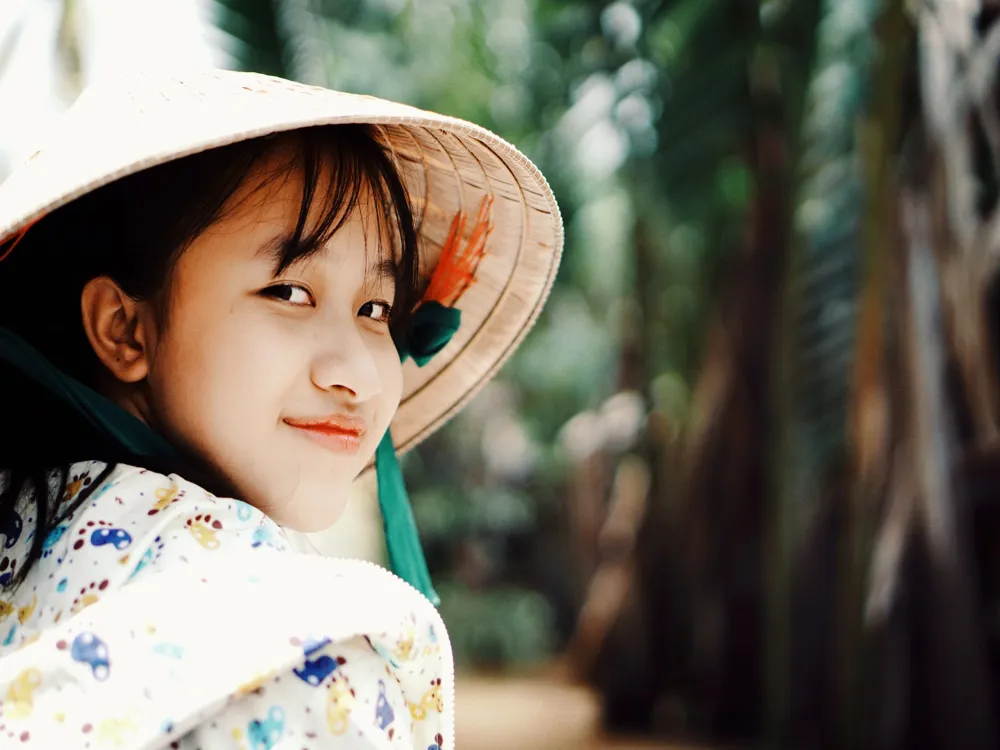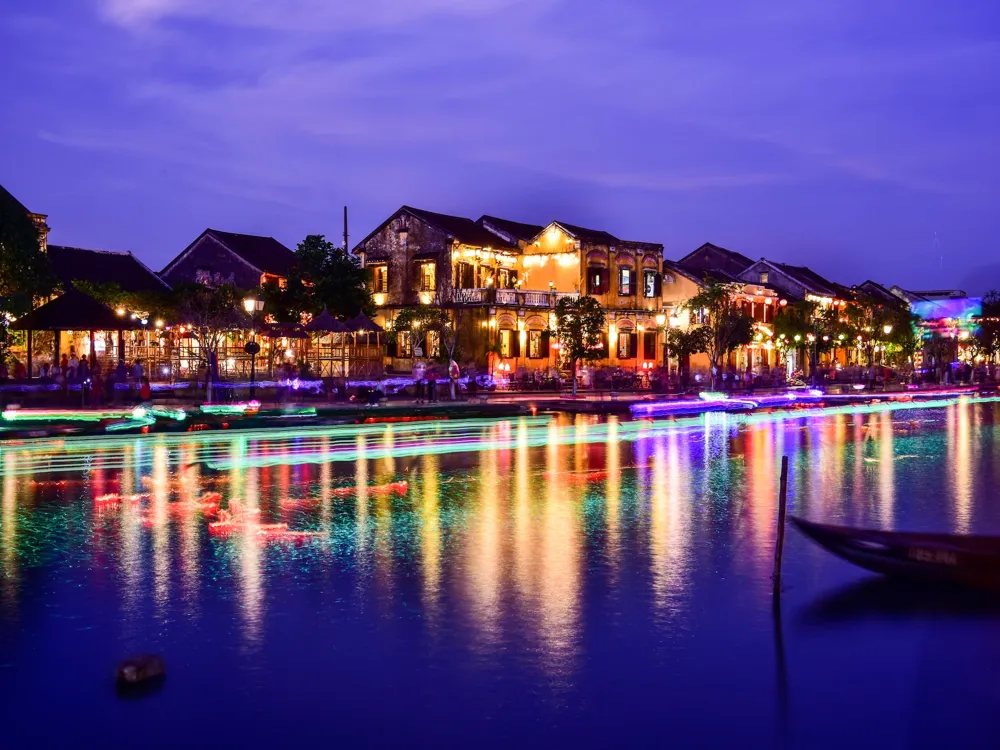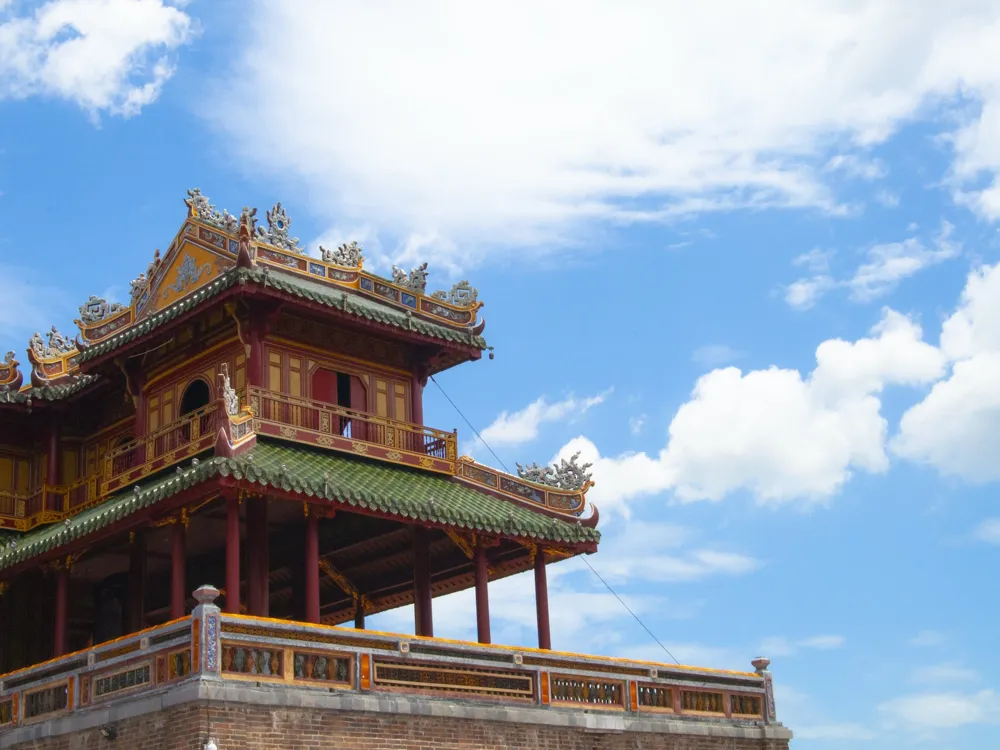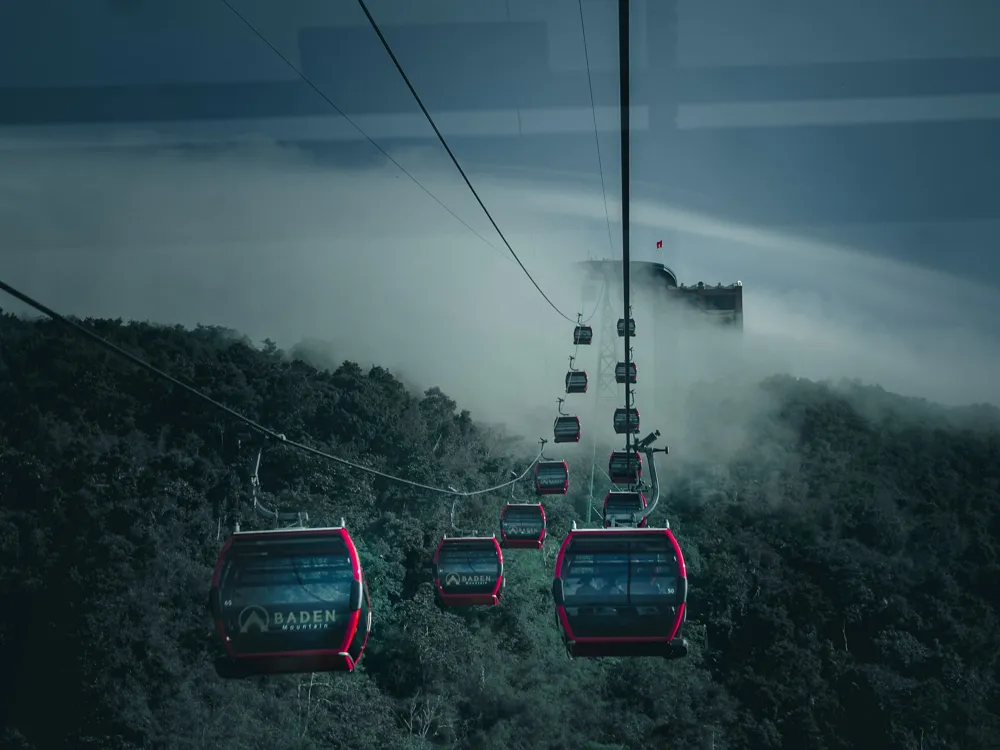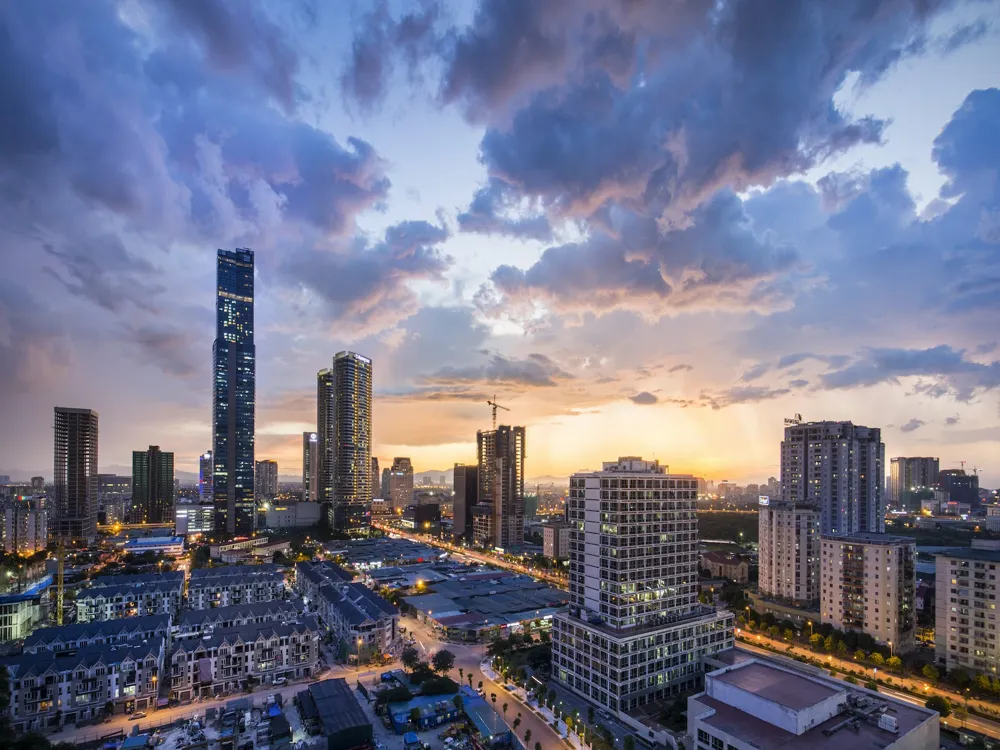Nestled in the bustling heart of Ho Chi Minh City, the Khanh Van Nam Vien Pagoda stands as a beacon of tranquility and spiritual serenity. This revered site, not just a religious hub but also an architectural marvel, invites both devotees and tourists alike to immerse themselves in its peaceful ambiance. The pagoda's history dates back to the early 20th century, making it a significant cultural and historical landmark in Vietnam's largest city. Khanh Van Nam Vien Pagoda, often referred to as the 'Pagoda of Ten Thousand Buddhas', is renowned for its remarkable collection of Buddha statues. These statues, each uniquely crafted, are not merely religious symbols but also artistic masterpieces, showcasing the intricate craftsmanship of Vietnamese artisans. The pagoda serves as a center for Buddhist teachings and practices, playing a vital role in the spiritual lives of the local community. Its serene gardens, traditional architecture, and the constant chant of prayers create an atmosphere that is both mystical and meditative. The pagoda's significance extends beyond its religious aspects. It is a testament to Vietnam's rich cultural tapestry, reflecting the fusion of various architectural styles and spiritual beliefs. Visitors to the pagoda are greeted by an air of solemnity and grace, a stark contrast to the bustling city life just outside its walls. The pagoda's location in Ho Chi Minh City makes it easily accessible, yet it remains a hidden gem, often overshadowed by more prominent tourist destinations. The architecture of Khanh Van Nam Vien Pagoda is a splendid display of traditional Vietnamese design infused with influences from Chinese and Buddhist architectural styles. The pagoda's layout and structures are a testament to the skill and artistry of its creators, with each element meticulously crafted to symbolize different aspects of Buddhist teachings and Vietnamese culture. At the heart of the pagoda lies the main hall, a grand structure adorned with intricate carvings and ornate decorations. This hall houses the impressive array of Buddha statues, each meticulously placed to create a sense of divine presence. The roof of the pagoda, with its upturned eaves and elaborate tile work, is particularly noteworthy. These elements not only enhance the aesthetic appeal of the structure but also have deep symbolic meanings in Buddhist philosophy. Surrounding the main hall are several smaller pavilions and courtyards, each offering a unique glimpse into the pagoda's spiritual and cultural significance. The gardens, with their carefully manicured plants and tranquil water features, provide a serene backdrop to the pagoda's structures. The use of natural elements in the pagoda's design is a deliberate choice, reflecting the Buddhist emphasis on harmony between humanity and nature. The interiors of the pagoda are just as impressive as its exteriors. The walls are adorned with paintings and calligraphy, each telling a story or conveying a moral lesson. The use of color in the pagoda is also noteworthy, with each hue selected for its symbolic meaning and its ability to create a calm and contemplative atmosphere. Visitors to the pagoda cannot help but be awed by the attention to detail in every aspect of its design. From the grandeur of its main hall to the quiet beauty of its gardens, the Khanh Van Nam Vien Pagoda is a masterful blend of art, religion, and culture. When visiting the Khanh Van Nam Vien Pagoda, it is important to dress modestly out of respect for the religious site. This means avoiding revealing clothing and opting for attire that covers shoulders and knees. As a place of worship, maintaining a quiet and respectful demeanor is crucial. Visitors should speak softly and avoid loud noises to preserve the tranquil atmosphere of the pagoda. While photography is allowed, it should be done discreetly and respectfully. Avoid using flash or disturbing worshippers, and always ask for permission before taking photos of people. Visitors are encouraged to learn about Buddhist traditions and practices to enhance their understanding and appreciation of the pagoda. This knowledge enriches the visit and fosters a deeper connection with the site. To fully experience the pagoda, it is advisable to plan your visit. Avoid busy times, usually during religious festivals, to explore the site in a more serene setting. Khanh Van Nam Vien Pagoda is conveniently located in Ho Chi Minh City and is easily accessible by various modes of transportation. Visitors can opt for public transport like buses or taxis, which are readily available throughout the city. For those preferring a more personal experience, hiring a motorbike or a bicycle is a great option to explore the city at your own pace. Additionally, many hotels and tour agencies offer guided tours to the pagoda, which often include transportation and insightful commentary about the site's history and significance. The pagoda's central location also makes it a perfect starting point for exploring other nearby attractions in Ho Chi Minh City. Its accessibility and the richness of experiences it offers make it a must-visit destination for anyone looking to delve into the spiritual and cultural heart of Vietnam. Read MoreOverview of Khanh Van Nam Vien Pagoda in Ho Chi Minh City
Architecture of Khanh Van Nam Vien Pagoda
Tips When Visiting Khanh Van Nam Vien Pagoda
Dress Appropriately
Observe Silence and Decorum
Photography Etiquette
Learn About Buddhist Traditions
Plan Your Visit
How To Reach Khanh Van Nam Vien Pagoda
Khanh Van Nam Vien Pagoda
Ho Chi Minh City
₹ 17,501 onwards
View ho-chi-minh-city Packages
Ho-chi-minh-city Travel Packages
View All Packages For Ho-chi-minh-city
Top Hotel Collections for Ho-chi-minh-city

Private Pool

Luxury Hotels

5-Star Hotels

Pet Friendly
Top Hotels Near Ho-chi-minh-city
Other Top Ranking Places In Ho-chi-minh-city
View All Places To Visit In ho-chi-minh-city
View ho-chi-minh-city Packages
Ho-chi-minh-city Travel Packages
View All Packages For Ho-chi-minh-city
Top Hotel Collections for Ho-chi-minh-city

Private Pool

Luxury Hotels

5-Star Hotels

Pet Friendly







